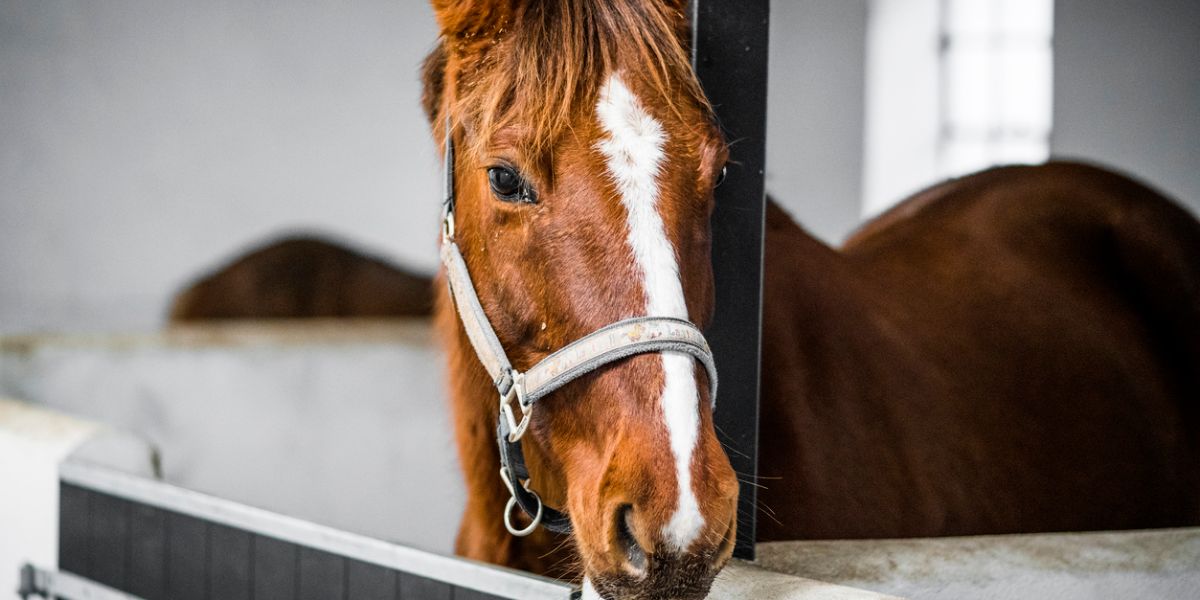With Florida being one of the most popular states for equine activities in the United States, it is no surprise that horse boarding facilities are all over the state, especially in South Florida in the Wellington, West Palm Beach, Fort Lauderdale, and Miami areas. Horse boarding facilities, also known as stables, are sites where horses can be cared for and sometimes provide additional equine activities, such as horse riding lessons, trail rides, and horse therapy services. Because these facilities can have multifaceted roles in the equine industry, they are also required to comply with a variety of laws and regulations. It is critical that horse boarding facilities have the necessary permits and licenses to operate to avoid legal penalties and legal issues with liabilities. If you have or are thinking about owning and/or operating a horse boarding facility and have questions about how your business must operate to comply with Florida law, it is generally a good idea to speak with an equine attorney who has experience with handling small business and corporate legal matters.
Though this list is not exhaustive, horse boarding facilities must comply with the following responsibilities and requirements in order to meet the legal requirements to operate in Florida.
Zoning and land use laws
Horse boarding facilities must be properly zoned according to local zoning and land use laws. These local zoning and land use laws may restrict what the land can be used for.
Building and safety codes
Building and safety codes are part of every business and could include requirements for fire safety, adequate light and ventilation, energy conservation, electrical wiring, sanitation, stability, and structural strength. In addition, the building structure must be built in order to provide a reasonable level of safety to fire fighters and other first responders during emergency operations.
Animal welfare laws
While most, if not all, horse boarding owners and operators share a passion for the care of horses, there are Florida laws that apply to a specific standard of care for the animals. The standard includes access to food, water, and veterinary care when needed. Any behavior that is deemed cruel or inhumane is subject to punishment according to Florida law.
Environmental laws
Similar to requirements for building codes, environmental laws, both federal and state, can dictate how a horse boarding facility must handle horse manure and stormwater runoff. Further, there are specific requirements for the keeping of and transporting of horses in Florida, including proof of veterinary care, that includes an official report of a negative equine infectious anemia test (EIA or Coggins test) dated within 12 months. Horse boarding facilities must also disclose any known hazards or dangerous conditions to the horse owners who have horses who live under the facility’s care.
Business licenses
Florida is home to one of the strongest agricultural climates in the country. Currently, over 70,000 acres are land are used for horse-related purposes, and that number is only increasing. In order to operate and comply with Florida law, horse boarding facilities are usually small businesses and the owner must obtain any necessary licenses and permits to operate in Florida.
Horse boarding facilities must require all riders under 16 years of age to wear helmets while on a horse under most circumstances. Florida’s equestrian helmet law, Section 773.06, Florida Statutes, known as “Nicole’s Law,” was passed in 2009. Failing to meet this requirement could lead to penalties.
Equine Insurance Requirements for Horse Boarding Facilities
Finally, each horse boarding facility should have equine Insurance: Every horse boarding facility should purchase a liability insurance policy in the event that any injuries or accidents happen on the property. Horse boarding facilities should also have liability insurance to protect against the risk of injuries or accidents that may occur on the property. Additionally, boarding facilities should consider posting warning signs if they have a potentially dangerous horse, or if they have a stable that is open to the public.
The Equine Immunity Act
In the past decades, horse accidents have led to extensive and costly litigation. Eventually, the litigation resulted in fewer and fewer opportunities for non-horse-owners to have opportunities to enjoy riding. In response to this, Florida, along with 31 other states, passed the Equine Immunity Act. This statute defines a person’s scope of liability if someone becomes injured riding their horse, whether on their property or while participating in a recreational activity or sporting event.
The Act involves a law that requires every equine activity sponsor and equine professional to post and notify a visible warning sign or provide a written document that the participant must sign. The sign or document must state the following:
“Under Florida law, an equine activity sponsor or equine professional is not liable for an injury to, or the death of, a participant in equine activities resulting from the inherent risks of equine activities.
Horse Boarding Facility Rights
As a horse boarding facility, you have several rights. You have the right to set and enforce rules for the care and management of the horses at your facility, as long as they are not in violation of any laws or regulations. You have the right to terminate a boarding agreement if the horse owner violates any of the rules or policies of the facility or fails to pay the boarding fees. You have the right to access the horse to manage and provide care for the animal. This particular care and management does not violate the horse owner’s rights. By adhering to these legal responsibilities, horse boarding facilities can help ensure the well-being of the horses in their care, and at the same time, protect themselves from possible legal disputes.

